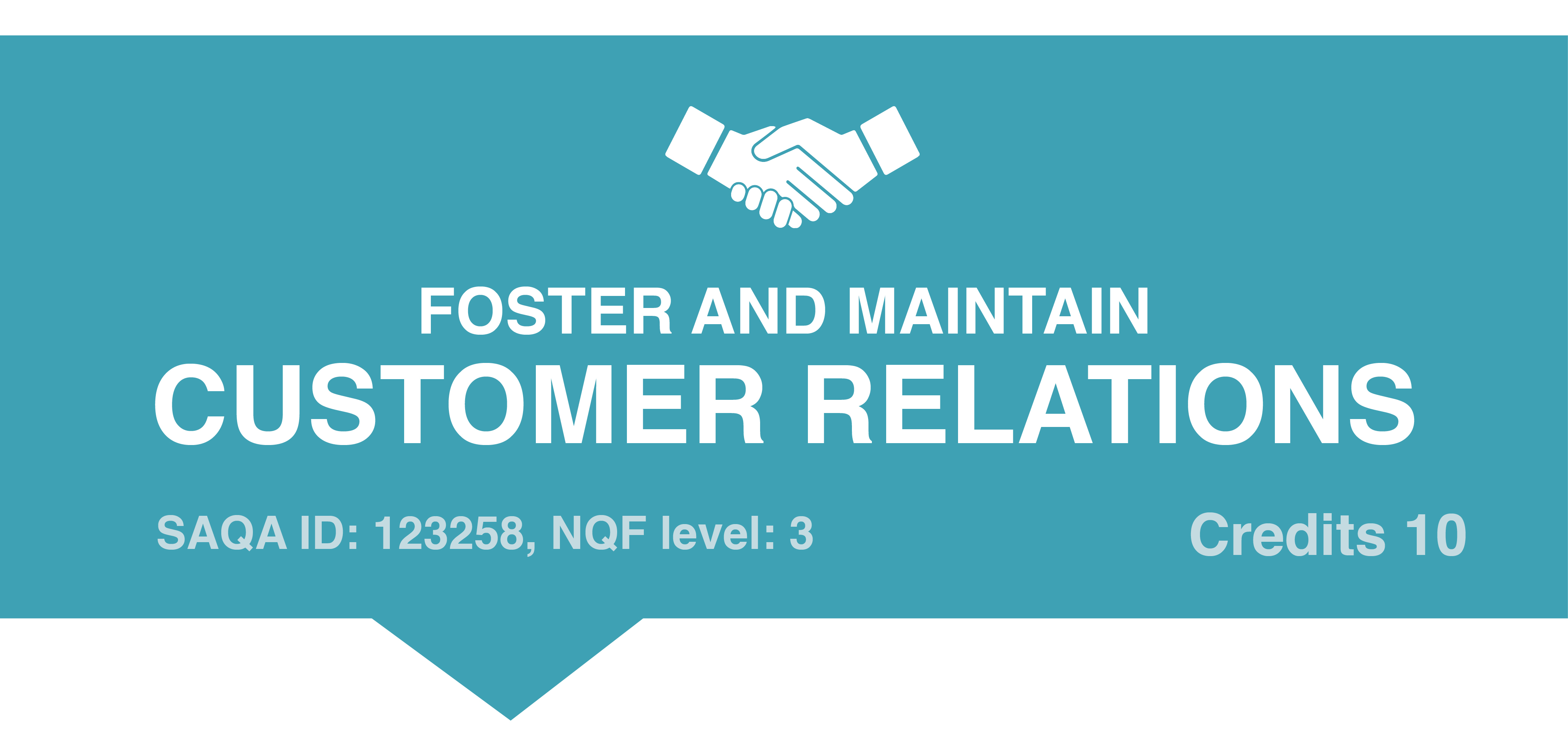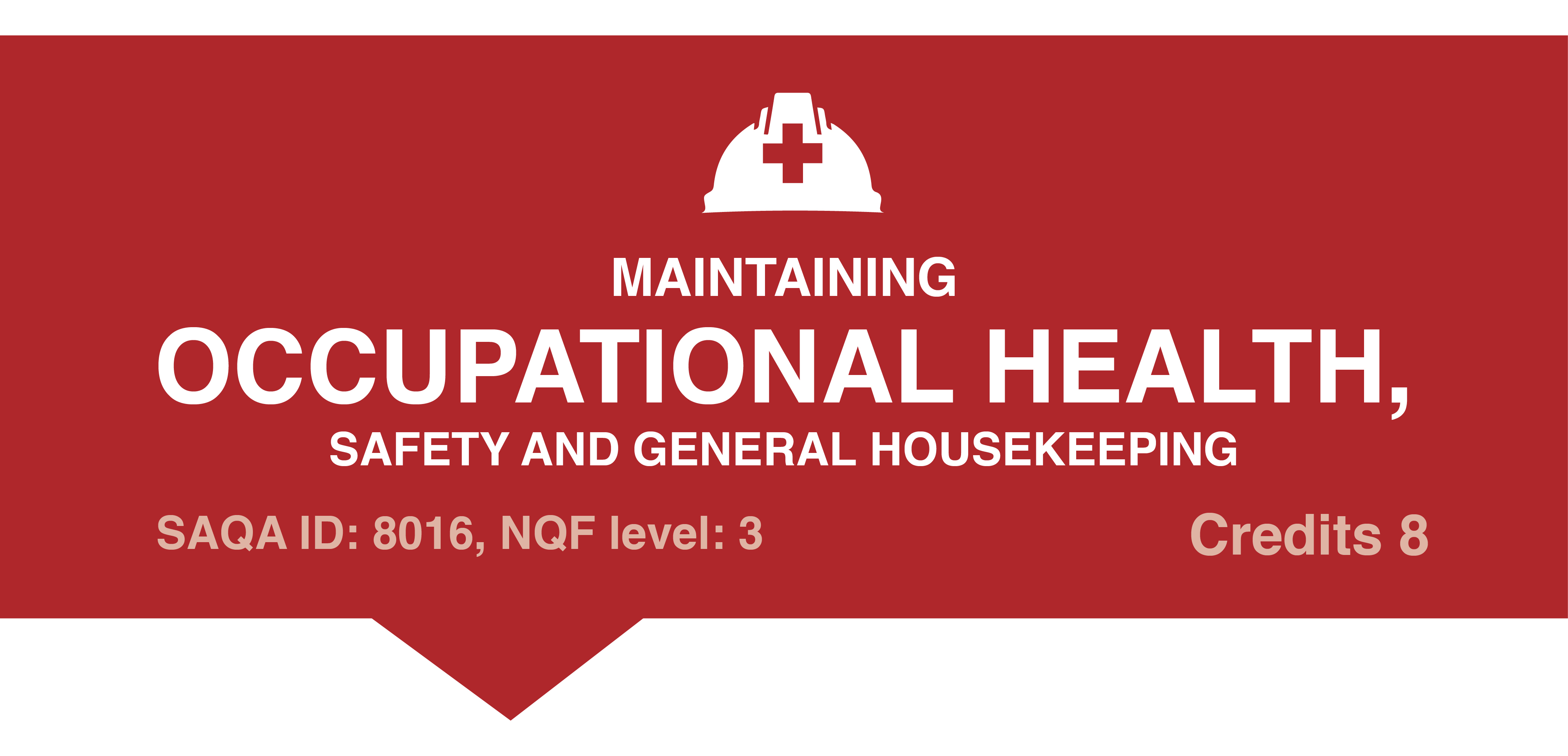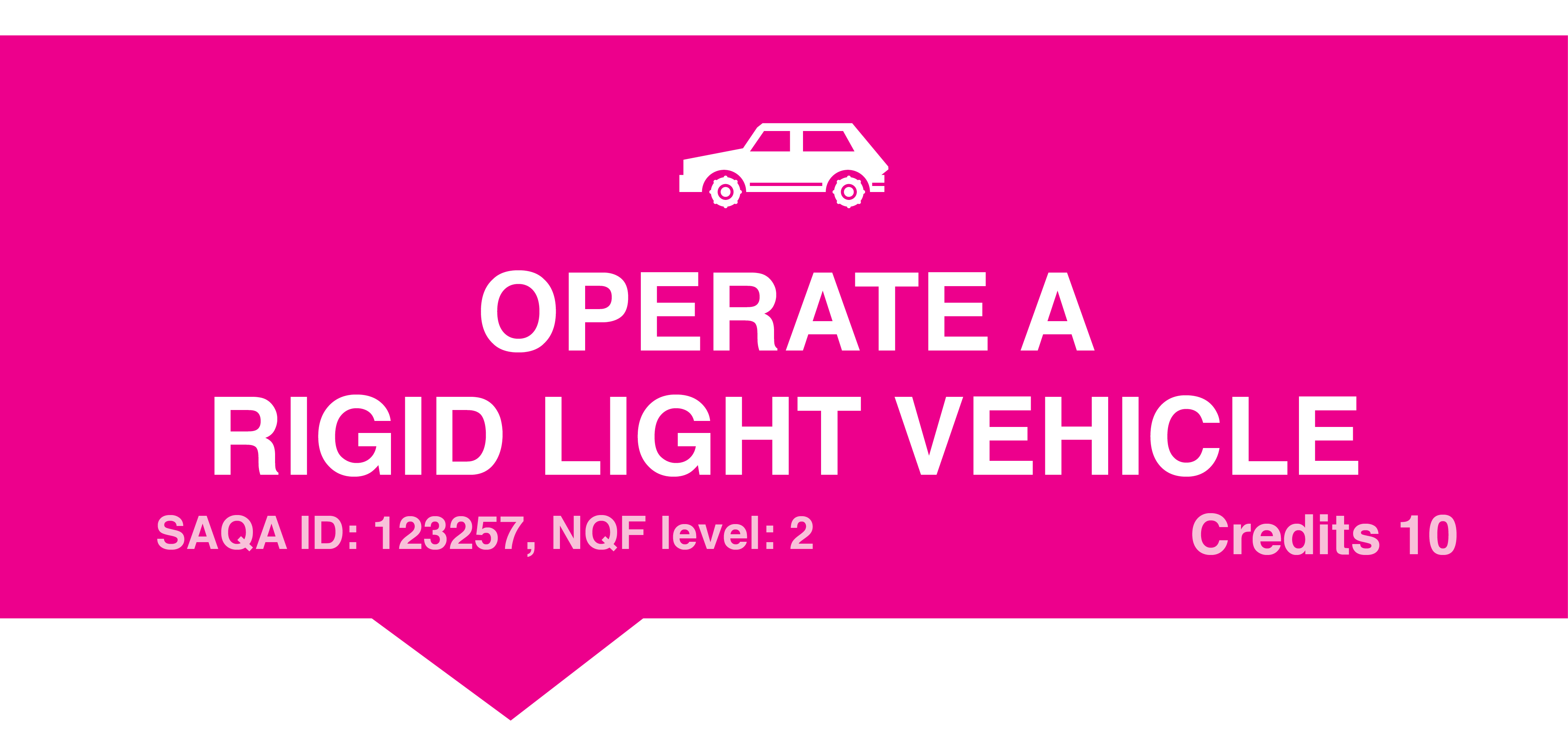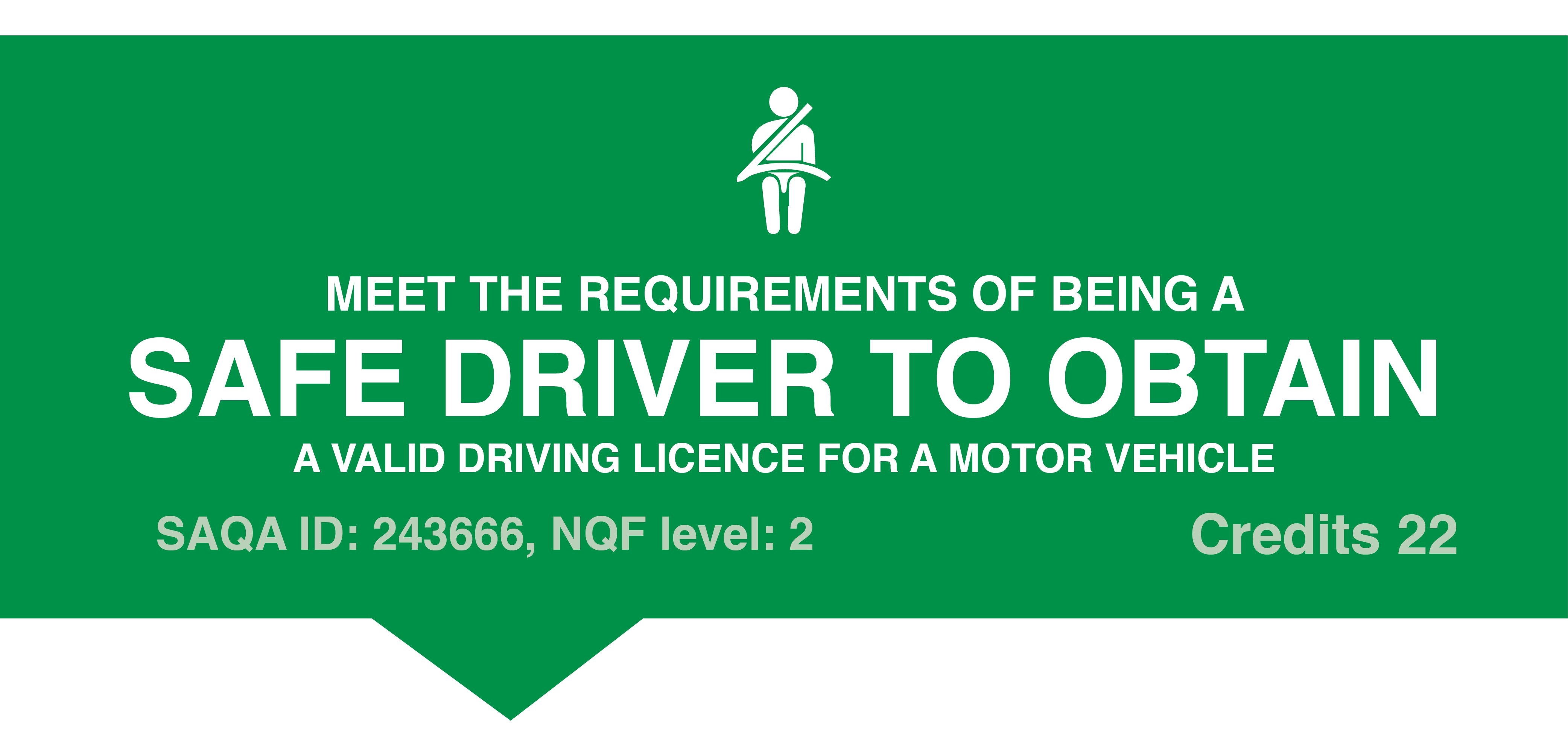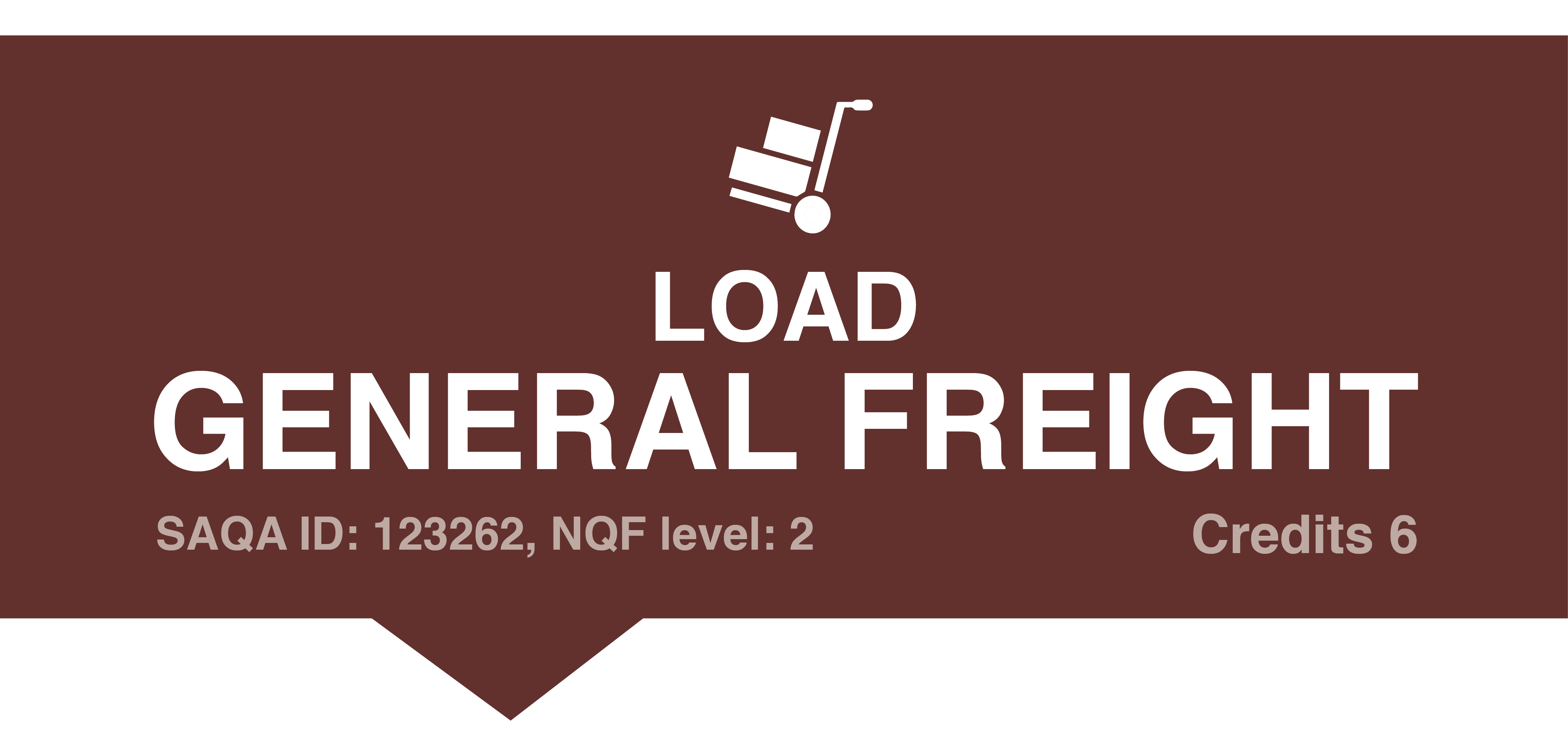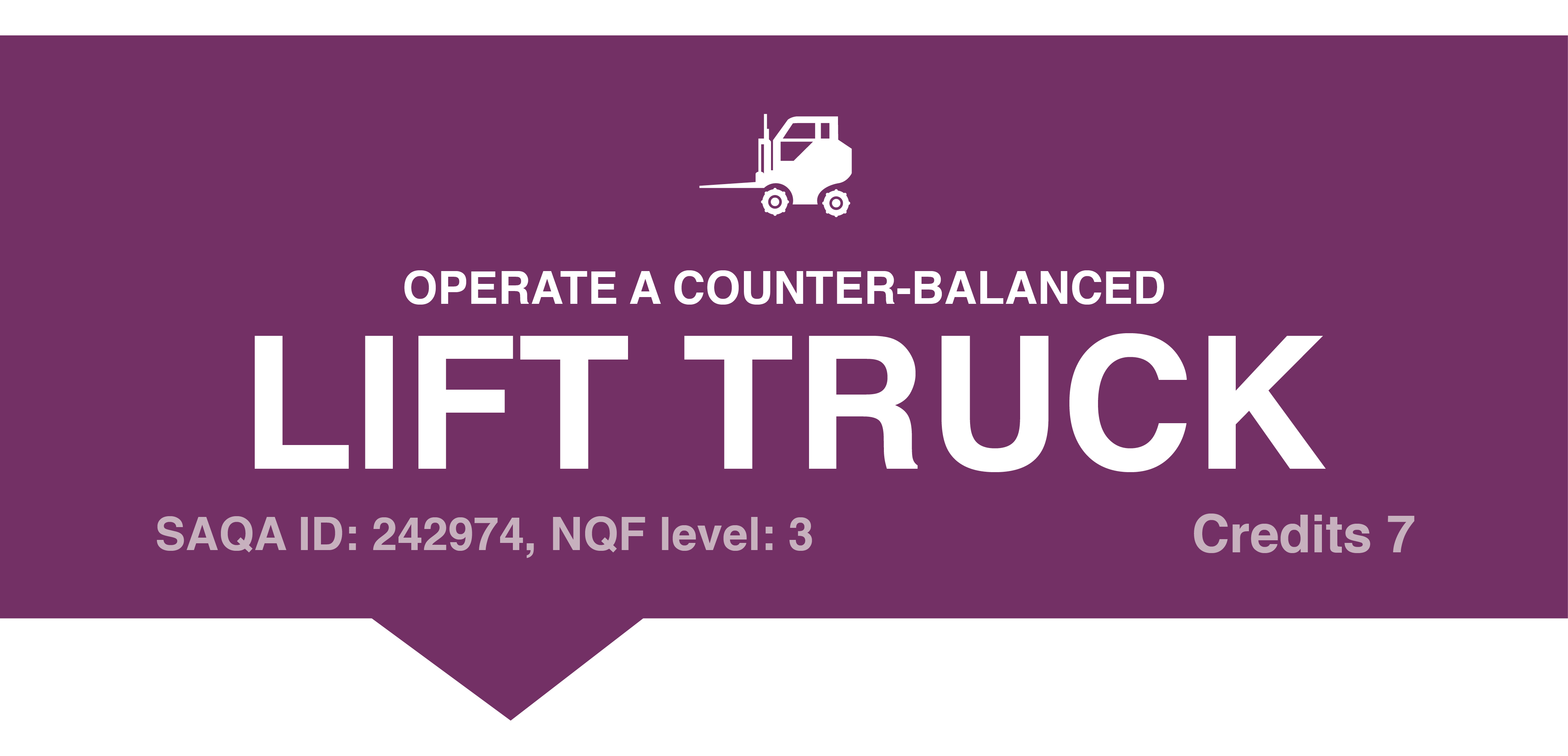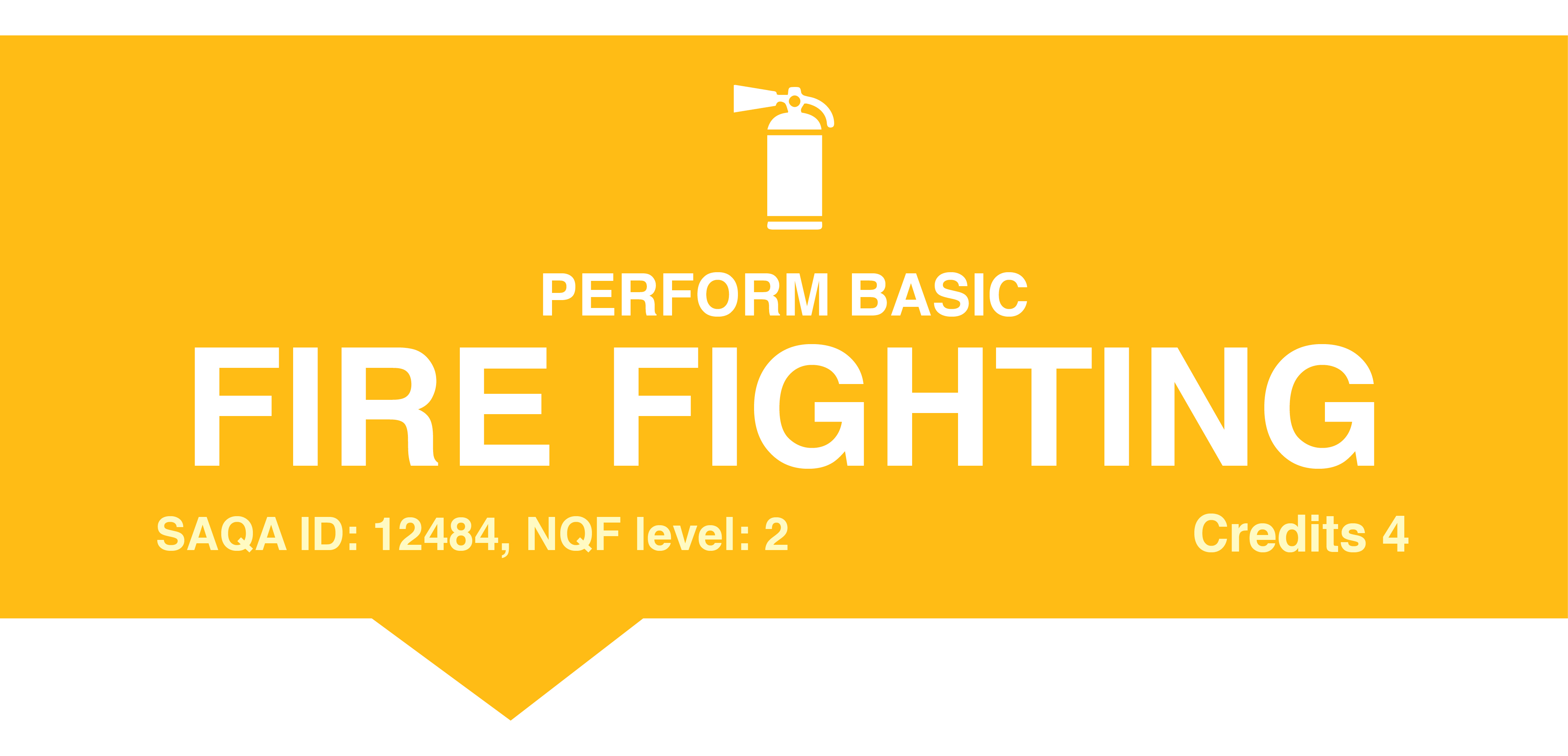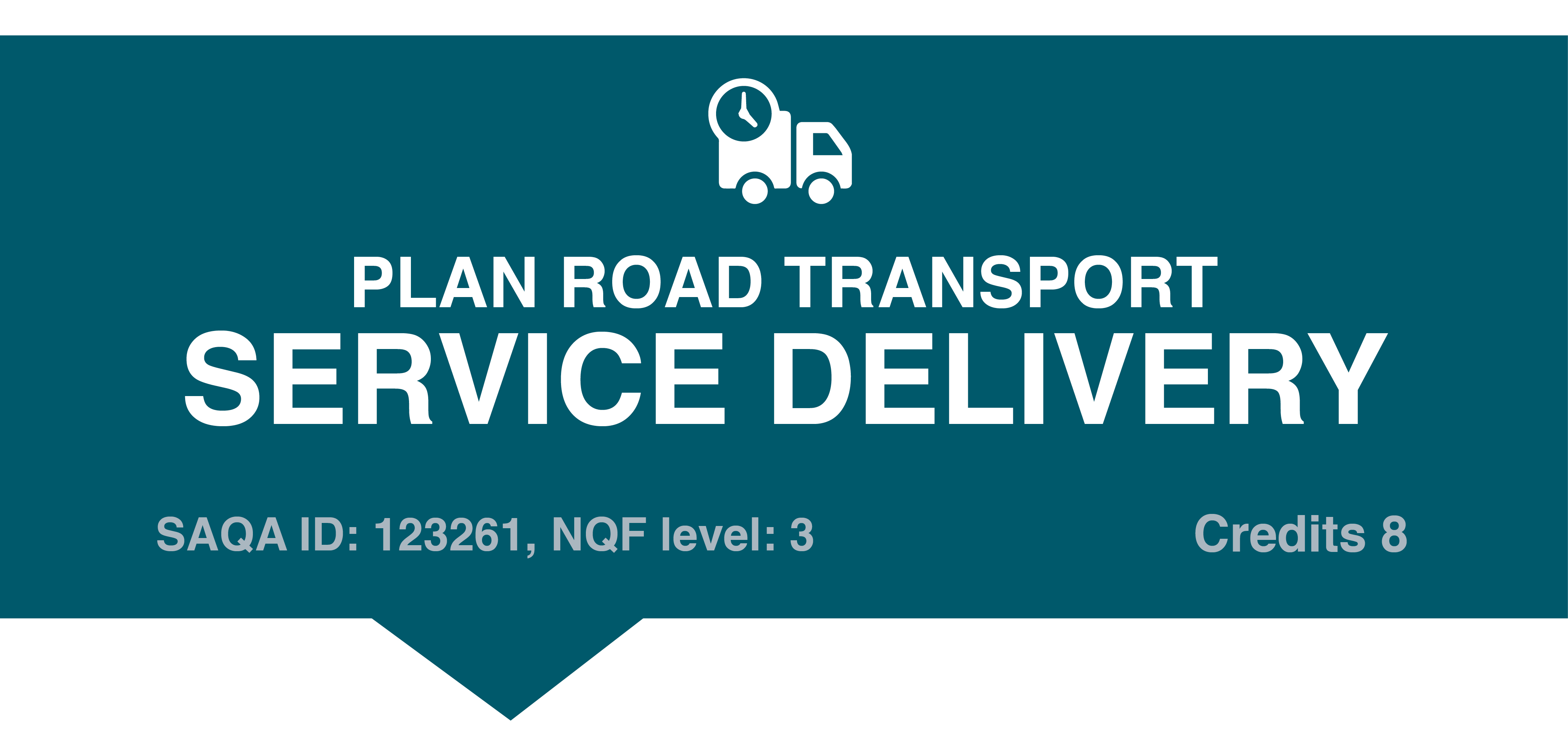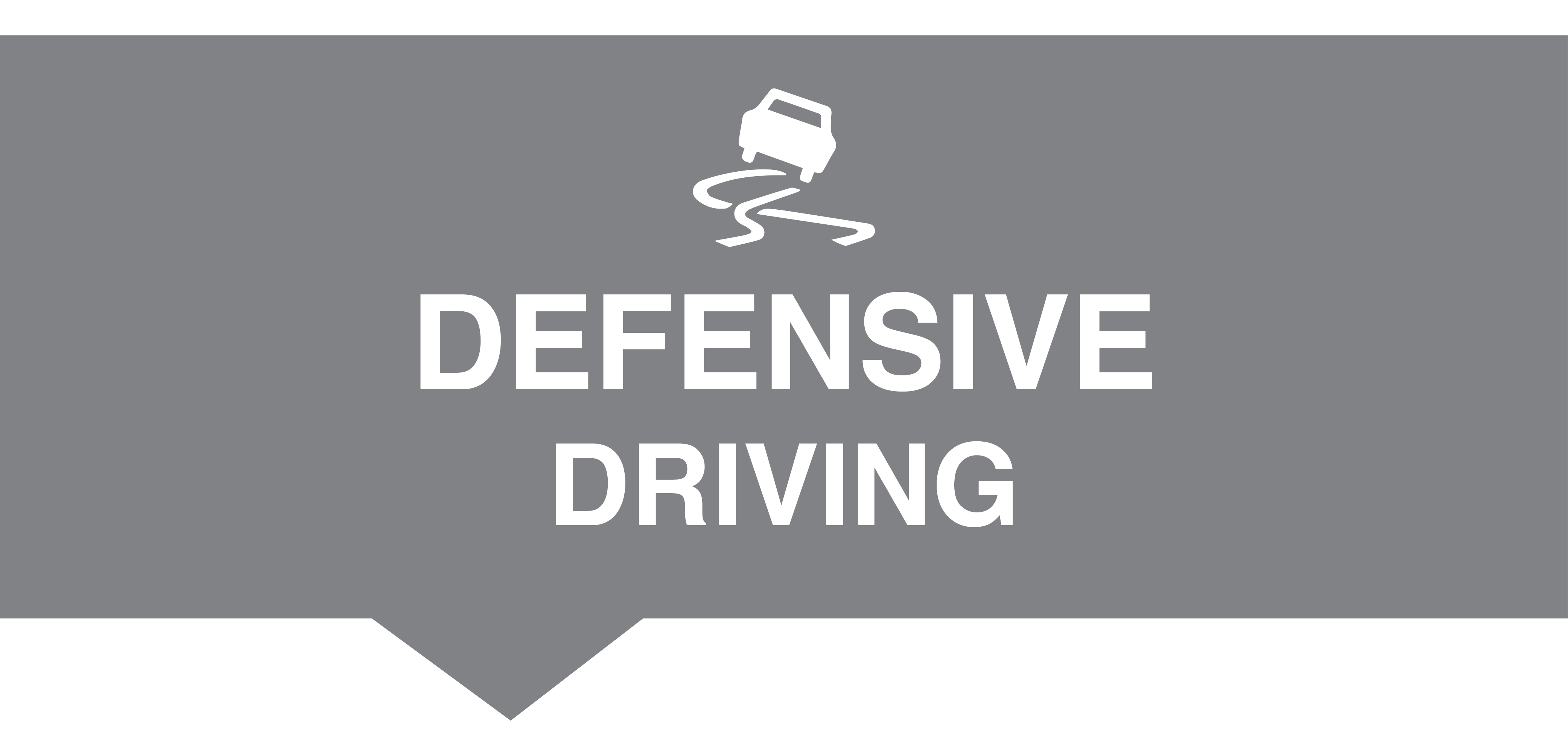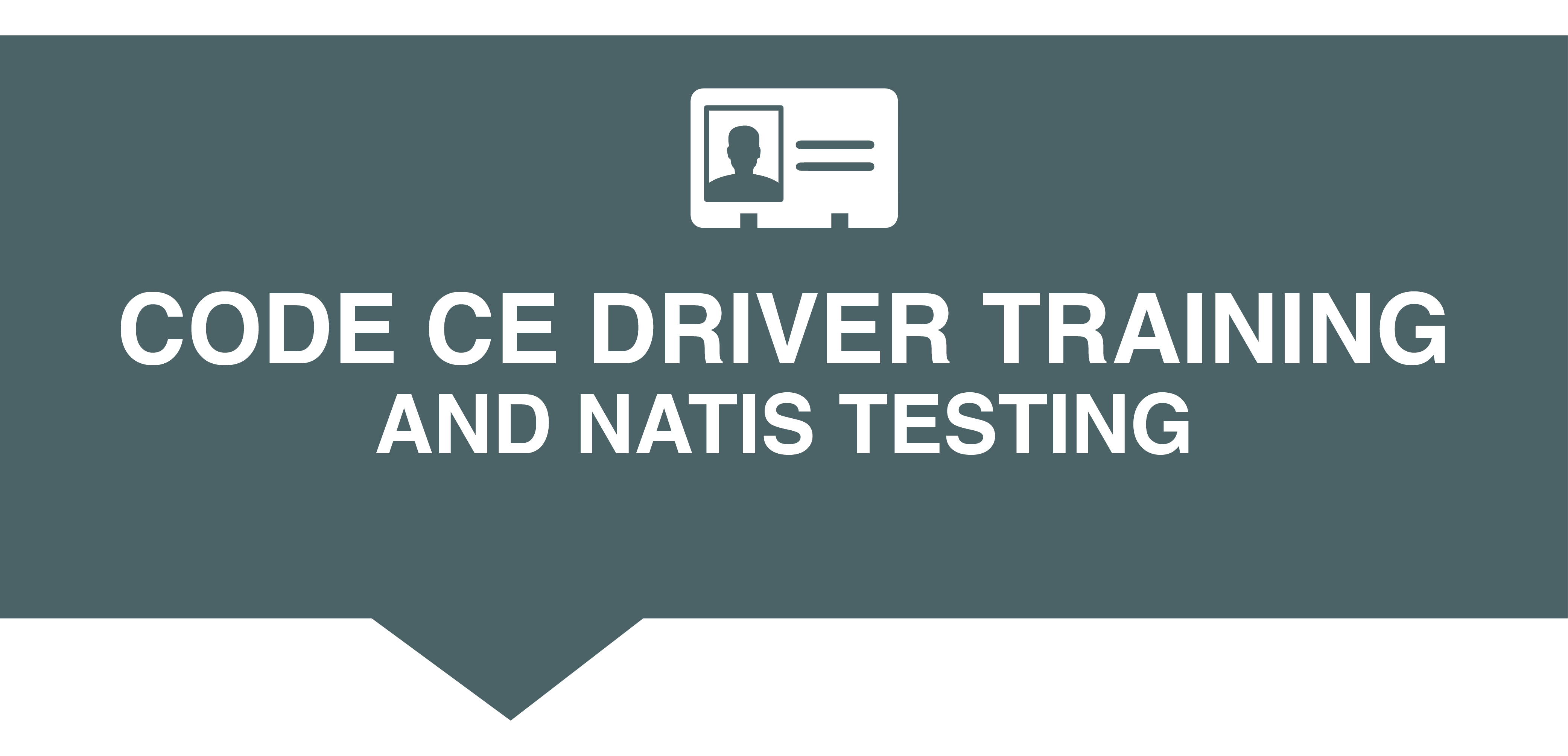
Training Programme Purpose
Learners who wish to obtain a Code CE driving license.
Entry Requirements:
> You need to be over the age of 18 years,
> A valid learner’s license, in order to drive on a public road with an instructor or person with a valid driver’s license present in the vehicle at all times.
> A card type Namibian ID is needed in able to book your driver’s test appointment at the traffic department.
Bookings
To make a booking please contact us on:
Tel: +264 81 850 5780 or +264 81 850 5770
Email us at: info@think.com.na
Course Outline:
> Pre-trip inspection
> Manoeuvres in the yard
> Driving on the road
> Practical in-truck training (1 client: 1 instructor)
> Patient and competent instructor
> Highly trained instructors
> Our administration division handles all the instructors booking and payments so there will be no interruptions during your lesson
> Remember to always have your learners license when attending a lesson.

